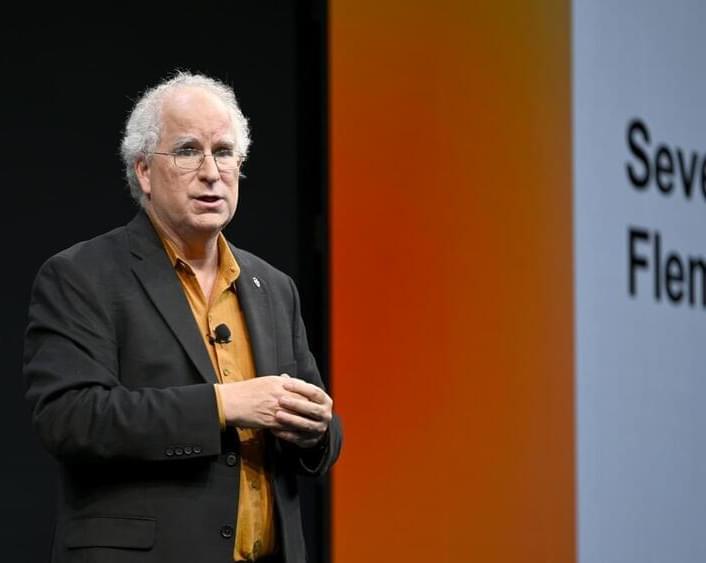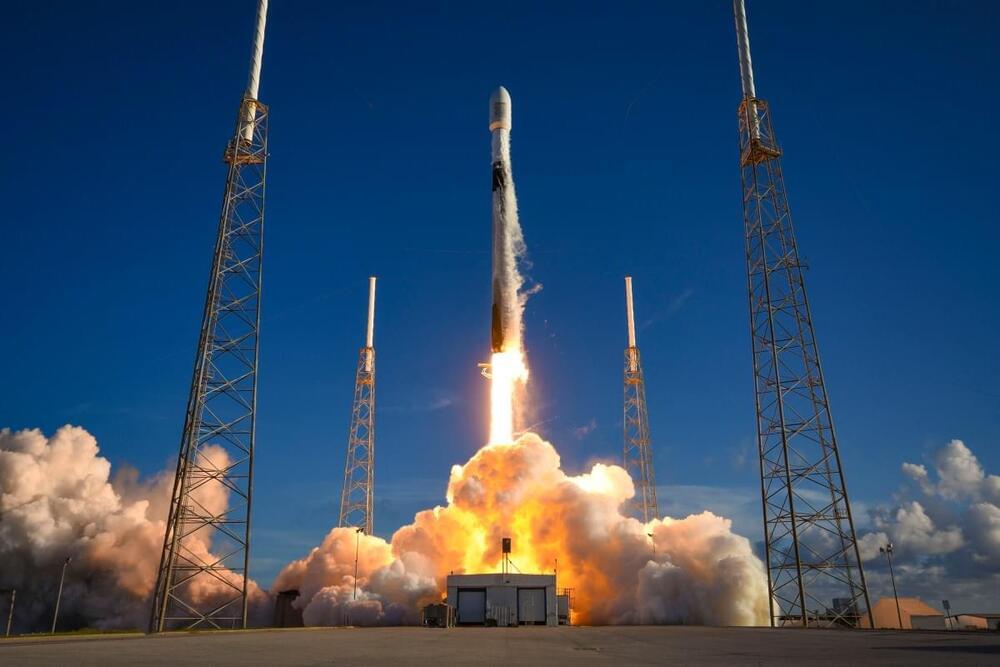Can water be harvested from the air to help mitigate water scarcity across the globe? This is what a recent study published in Technologies hopes to address as a team of researchers from The Ohio State University have developed a novel device that can provide faster and more efficient methods for harvesting water from the air compared to longstanding devices, also called atmospheric water harvesting (AWH). This study holds the potential to help regions around the world mitigate the need for access to clean drinking water, as approximately 2 billion people suffer from lack of clean drinking water in their respective regions.
“You can survive three minutes without air, three weeks without food, but only three days without water,” said Dr. John LaRocco, who is a research scientist in the Department of Psychiatry and Behavioral Sciences at The Ohio State University and lead author of the study. “But with it, you can begin to solve a lot of problems, like national security, mental health or sanitation, just by improving the accessibility of clean drinking water.”
For the device, the researchers designed a nickel titanium-based dehumidifier with temperature-sensitive materials, resulting in harvesting greater amounts of water at 0.18 milliliters per watts per hour compared to 0.16 milliliters per watts per hour for traditional harvesters after 30 minutes. Additionally, the temperature-sensitive materials help regulate the amount of heat used during the harvesting process, resulting in approximately half the power needed to use the harvester. Finally, the reduced size of the harvester provides mobility to be used anywhere in the world, whereas traditional harvesters tend to be large and require significant amounts of energy to operate.






